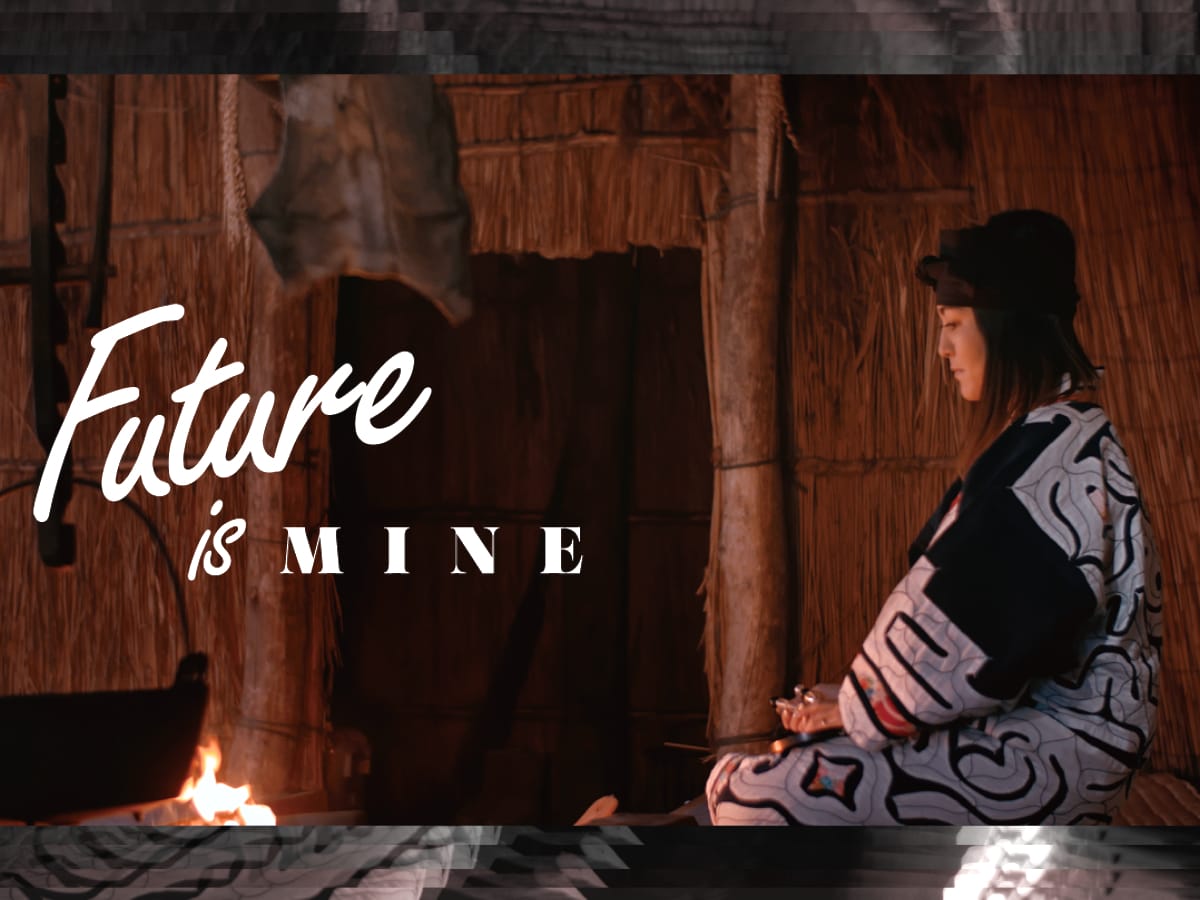
Source: © SocialWire Co., Ltd.
Ainu My Voice – a documentary focusing on the modern-day struggles of the Ainu people
- Tags:
- Ainu / Ainu culture / Ainu people / Documentary
Related Article
-
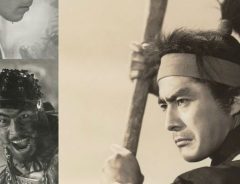
Trailer For Mifune: The Last Samurai Documentary Shows Why The Legendary Actor Is So Celebrated
-

Hikikomori Loveless: Revealing Documentary Explores Why Young Japanese Recluses Give Up On Life
-

An Idol Group’s Fight Through the Pandemic Is Now on Screen
-
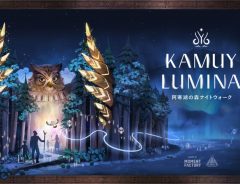
Learn Ainu culture through digital art and projection mapping at the KAMUY LUMINA event
-
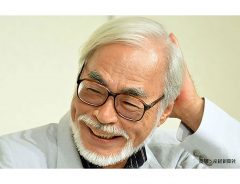
10 Years With Hayao Miyazaki – an NHK Documentary
-
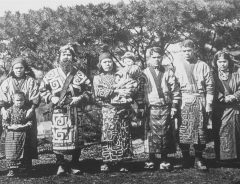
Music of the Ainu indigenous people is strangely hypnotic


Of all the indigenous people of Japan, the Ainu are arguably the most well known amongst both the Japanese and international communities.
An ancient tribe of people native to the islands of Japan, the Ainu developed a unique culture which deeply contrasted against that of the Yayoi people who arrived in the country many millennia later. It is believed that the Ainu are descendants of the Jomon-Jin (hunter-gatherers) that lived in Japan approximately 16,500 years ago, if true, this would make the Ainu Japan’s first civilized people.
Once, the Ainu populated most of Japan, but following the migration of the Yayoi people into Japan during 300 BCE, the Ainu were pushed northwards to Tohoku, Hokkaido and the former Japanese Islands of Karafuto (Sakhalin) and Chishima (the Kuril Islands). After the Meiji Restoration and the swift northward expansion of modern society, the Ainu culture began to disappear, with only pockets remaining on the island of Hokkaido.
Ainu My Voice is a short documentary film produced by 3MINUTE Inc. and fashion magazine MINE, as one of the women’s empowerment documentary series “Future is MINE”. The program focuses on the struggles of Rie Kayano, a modern Ainu woman as she attempts to find a balance between modern life and her Ainu identity.
The film begins on a positive note, with a number of girls announcing their hopes and dreams for the future. However, when we meet Rie Kayano, a pained look crosses her face as she struggles to put into words what it is that she wants to achieve in her life. The documentary then cuts to a B-roll of drone recordings over Hokkaido and shots of Kayano as she dons her traditional Ainu clothing, the Attush robe.
Kayano tells us of her past and shares happy memories of her dancing with her mother and sister to traditional Ainu music as a child. We also learn that after she entered elementary school, Kayano experienced discrimination and bullying for her indigenous roots, causing her to despise her heritage and to grow up feeling self-conscious. This would continue until she reached the age of 18 when she moved to Sapporo and made new friends who spoke openly about their Ainu Heritage. This rekindling with the Ainu culture then led Kayano to join the band MAREWREW where she sings as a traditional Ainu vocalist.
Kayano would go on to study at Sapporo University under the Ainu Scholarship, the “Urespa Project” which was founded by professor Yuko Honda in 2010.
Following the birth of her daughter, Kayano felt as if her life was slipping away without her having done anything of particular note and had a sudden urge to accomplish something. She was invited to go to Florida so that she could meet with the Seminole, a native American people who have found a way to keep their culture blossoming whilst coexisting with ongoing and ever-changing modernisation.
In Florida, Kayano meets with numerous members of the Seminole tribe and visits one of their schools, where she experiences an immersion class where only the native language, Creek, is spoken. Kayano is shocked to see the children laughing and playing in their native tongue, as she has never seen this happen amongst Ainu children.
During her time with the Seminole, Kayano has the chance to talk through her struggles with different members of the tribe, who encourage and ensure her that she will succeed despite the many challenges that she will certainly face.
© SocialWire Co., Ltd.
Upon her return to Japan, Kayano has finally come to fully accept her Ainu identity and begins her journey of sharing her culture with the world.
The film finishes up with Kayano singing a song that she wrote in traditional Ainu language, describing her journey to Florida and her meeting with the Seminoles which brought her great inspiration and newfound hope.
Full of moving, powerful imagery beautifully filmed by cinematographer Ryosuke Kawaguchi, Future is MINE - Ainu My Voice is a heartwarming documentary film directed by Daichi Tomida, which portrays the struggles of living with and trying to rekindle Ainu heritage in modern society.
The documentary is available to watch with English subtitles (make sure to click youtube’s CC button for the subtitles) on YouTube.